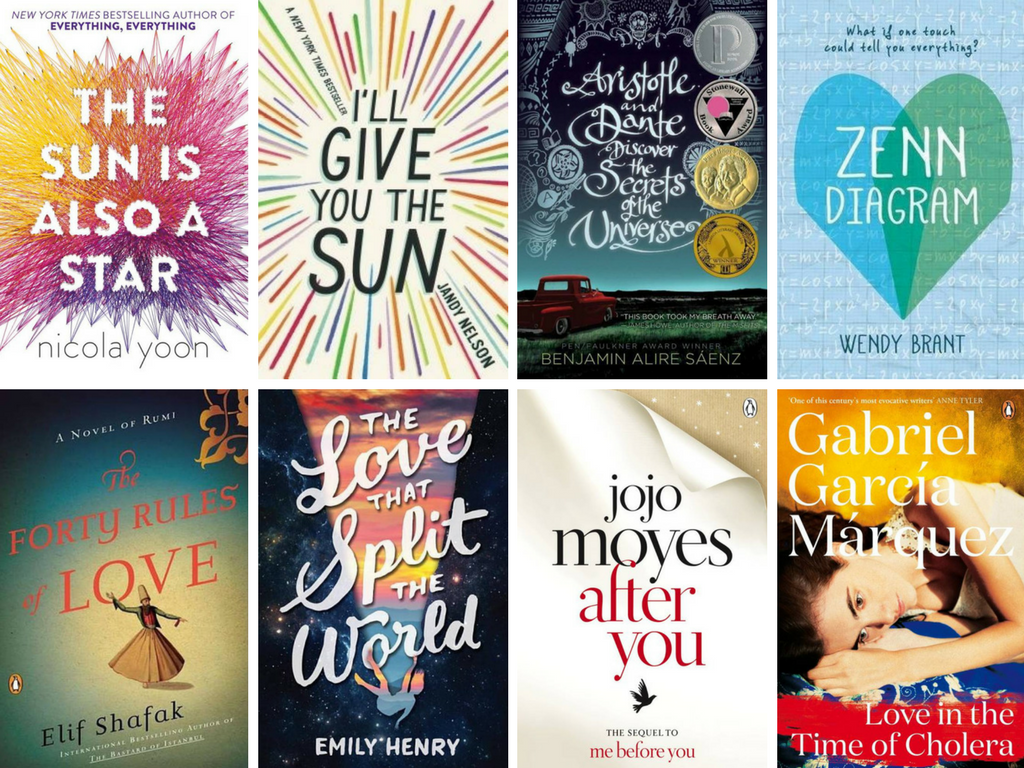First, I saw the trailer for this movie and instantly liked it. It was later that I got to know it’s based on a book and is a true story. I got the reviewing copy from Bloomsbury India and enjoyed the read.
PLOT
The story starts with Abdul Karim waking up to the sight of Taj Mahal in Agra. He is a clerk in Agra jail and the day is special for him. Abdul is expecting to be promoted after all the help he provided in sending carpets and gifts for Queen Victoria. But he is in for a surprise. John Tyler, the jail superintend has a proposition for him. The Queen wants some Indian servants for her golden jubilee. John asks Abdul if he’d like to be queen’s orderly for the jubilee year (50 years on the throne). He accepts the offer and is given lessons in English and etiquettes for queen’s household.
Soon Abdul sails from Mumbai with his friend for jubilee celebration. They are introduced to the Queen and given the orders to wait for her. Queen loves the colors Indians bring to her palace. Their colored tunics and pagreehs. Abdul continues the menial jobs until one day he decides to cook for the Queen. He prepares chicken curry, dal, and pilav. That’s when everything changes. Queen takes on the motherly role of her dear Indians. Making sure they get their lessons in English, are comfortable while traveling and have warm clothes while in highlands. She also starts taking lessons in Hindustani (Urdu) from Abdul daily. With these duties, Abdul starts spending more and more time with the Queen. He tells her all about India. The culture, stories of Taj Mahal and the riots between Hindus and Muslims. The Empress of India loves the country, but due to her age, she can’t visit. In Abdul, Queen finds her passage to India and a friend. The Queen has been lonely for a long time after the death of her husband and then her Scottish friend John Brown. With Abdul, she feels comfortable enough to share her heart. But this friendship comes at a price. Queen’s household doesn’t like how close Abdul has come to the Queen. And after Abdul tells the Queen that he wishes to go back for he didn’t expect to do such menial jobs, Queen raises his title to that of Munshi. There’s no stopping after that. Abdul Karim’s honor and title keep rising. There are articles published about him, his portraits commissioned by famous painters and after a while, Abdul’s family also joins him in Britain. The Queen allots cottages to Abdul and his family and becomes a regular visitor along with other Kings and Queens.
The Queen’s household keeps boiling over Munshi Mania and even threatens to resign. But the Queen keeps defending her dear Abdul. She knew that once she is dead, Abdul will stand to lose everything she has so dearly provided for him, so she buys him land in Agra. And that’s what happens when Queen Victoria dies, Abdul is stripped of every letter ever written to him by the queen and deported to India. The household removes every trace of their relationship from the history.
My Review:
I can’t quite accept how open-minded the Queen was at that time. When there was untouchability and Hindu Muslim riots in India, the Empress of India herself had a Muslim friend and learned Urdu. Though there are not much of the conversations between Abdul and the Queen, her letters written to the household in Abdul’s defense say it all. She was lonely and found comfort in the gentle and kind behavior of Abdul Karim. Her love and curiosity for India is unimaginable. At one point in time, the Queen was very depressed and sad because of the behavior of her household towards Abdul, and I so wanted to blame Abdul for this. I know it must have been hard for him to be the only brown person in the household. The opposition he faced was terrible but to ask the Queen for favors; I did hate him for a little bit. But his love and care towards the Queen were profound and their friendship so unique. I am glad Shrabani Basu found him in Osborne and uncovered a tale that is so old. It puts a lot of things in perspective for both the countries.
























